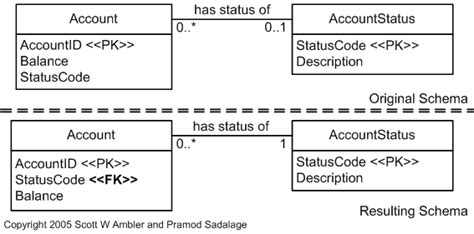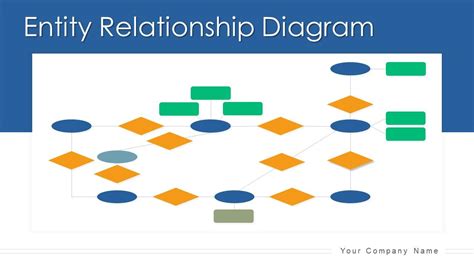Relational databases are designed to manage and store data in a structured and organized manner, ensuring that the data remains consistent and accurate. One of the fundamental concepts in relational databases is the foreign key, which plays a crucial role in maintaining referential integrity. In this article, we will delve into the world of foreign keys, exploring their definition, importance, and implementation in ensuring referential integrity.
Understanding Foreign Keys

A foreign key is a field or column in a table that refers to the primary key of another table. The primary key is a unique identifier for each record in a table, and the foreign key is used to link the records between two tables. This relationship between tables enables the database to maintain consistency and prevent data inconsistencies. For instance, in a database that stores information about customers and orders, the customer ID can be used as a foreign key in the orders table to link each order to the corresponding customer.
Importance of Foreign Keys
Foreign keys are essential in maintaining referential integrity, which ensures that the relationships between tables are consistent and valid. Referential integrity is critical in preventing data inconsistencies, such as deleting a record from one table that is still referenced by another table. By using foreign keys, the database can prevent such actions and maintain the integrity of the data. For example, if a customer is deleted from the customers table, the database can prevent the deletion if there are still orders associated with that customer, thus maintaining the referential integrity.
| Table Name | Primary Key | Foreign Key |
|---|---|---|
| Customers | Customer ID | None |
| Orders | Order ID | Customer ID |

Maintaining Referential Integrity

Maintaining referential integrity involves ensuring that the relationships between tables are consistent and valid. This can be achieved through the use of foreign keys, which enable the database to prevent data inconsistencies. There are several ways to maintain referential integrity, including:
- Cascade Delete: This option deletes the related records in the child table when a record is deleted from the parent table.
- Cascade Update: This option updates the related records in the child table when a record is updated in the parent table.
- Restrict Delete: This option prevents the deletion of a record from the parent table if there are related records in the child table.
- Restrict Update: This option prevents the update of a record in the parent table if there are related records in the child table.
Best Practices for Implementing Foreign Keys
When implementing foreign keys, it is essential to follow best practices to ensure that the relationships between tables are consistent and valid. Some of the best practices include:
- Use meaningful names for foreign keys to ensure that the relationships between tables are clear and easy to understand.
- Define the relationships between tables using foreign keys to maintain referential integrity.
- Use indexes on foreign keys to improve query performance and reduce the risk of data inconsistencies.
- Test the relationships between tables to ensure that the foreign keys are working correctly and maintaining referential integrity.
Key Points
- Foreign keys are essential in maintaining referential integrity in relational databases.
- Referential integrity ensures that the relationships between tables are consistent and valid.
- Foreign keys can be used to prevent data inconsistencies, such as deleting a record from one table that is still referenced by another table.
- There are several ways to maintain referential integrity, including cascade delete, cascade update, restrict delete, and restrict update.
- Best practices for implementing foreign keys include using meaningful names, defining the relationships between tables, using indexes, and testing the relationships.
In conclusion, foreign keys play a crucial role in maintaining referential integrity in relational databases. By understanding the importance of foreign keys and implementing them correctly, database administrators can ensure that the data remains consistent and accurate, which is essential for making informed decisions. As a database administrator, it is essential to follow best practices when implementing foreign keys to ensure that the relationships between tables are consistent and valid.
What is a foreign key in a relational database?
+A foreign key is a field or column in a table that refers to the primary key of another table, used to link the records between two tables and maintain referential integrity.
Why is referential integrity important in a relational database?
+Referential integrity is important because it ensures that the relationships between tables are consistent and valid, preventing data inconsistencies and maintaining the accuracy of the data.
How can foreign keys be used to maintain referential integrity?
+Foreign keys can be used to maintain referential integrity by preventing data inconsistencies, such as deleting a record from one table that is still referenced by another table, and by ensuring that the relationships between tables are consistent and valid.
Meta Description: Learn about foreign keys and their role in maintaining referential integrity in relational databases, including best practices for implementation and examples of how they work. (147 characters)
